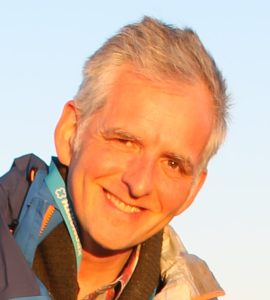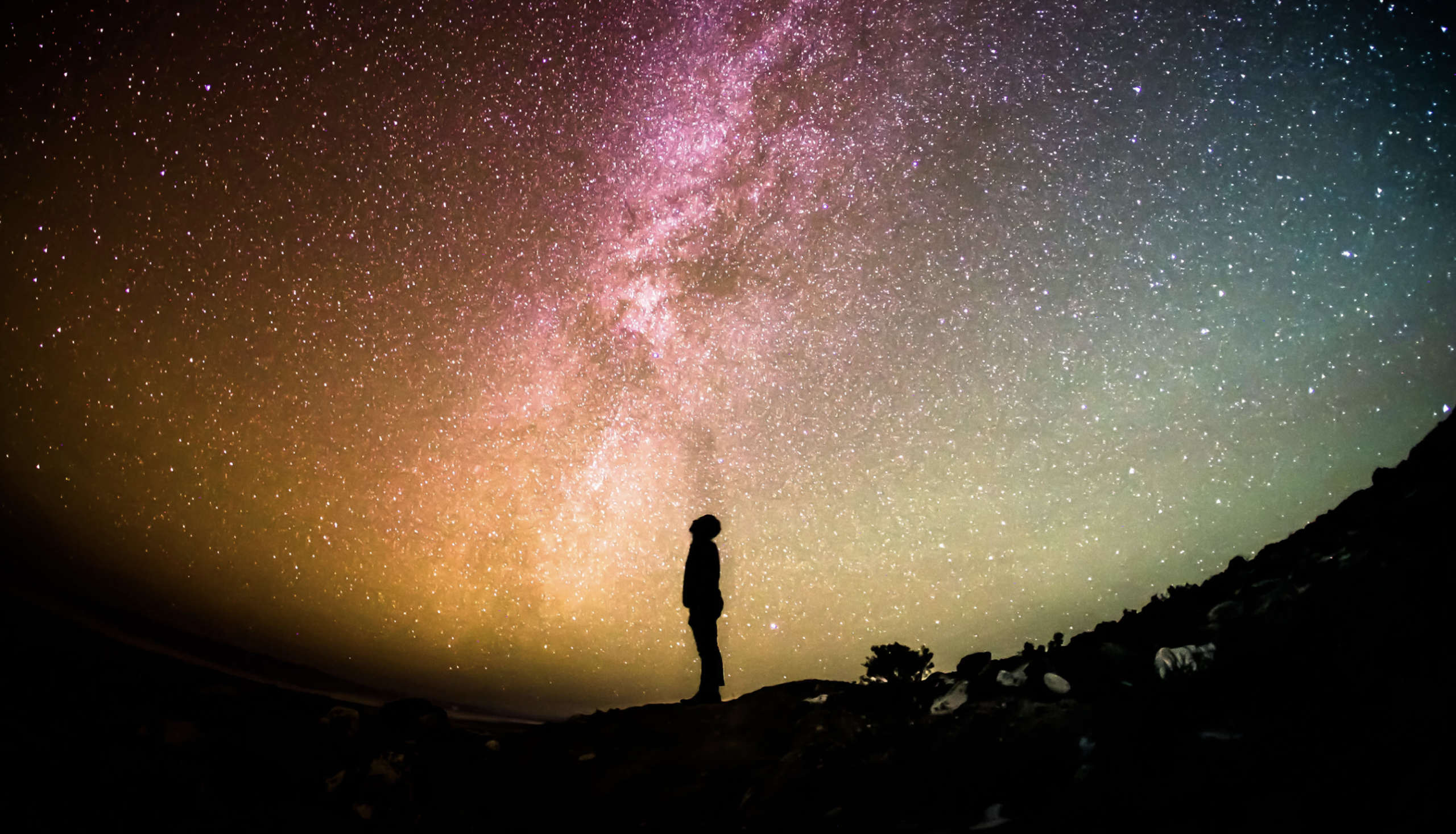 Alistair Appleby is a GP for the Highland Health Board and Hon Senior Clinical Lecturer at the University of Aberdeen. He is on X: @DrAlAppleby
Alistair Appleby is a GP for the Highland Health Board and Hon Senior Clinical Lecturer at the University of Aberdeen. He is on X: @DrAlAppleby
What makes science possible?
Medical science tends to avoid asking big questions like this1 but doing so can be illuminating and rewarding, and sometimes rather humbling. When we do, it appears that an apparent paradox makes science possible. At least two conditions are necessary, and they appear deeply contradictory. The first is that the universe must be governed by consistent physical laws, the second is that humans in general, and scientists in particular, must be free to act and think in a way that is not dictated by those physical laws. This is elegantly put by Roy Bhaskar in his seminal book on the philosophy of science, which we now call critical realism. It is worth some time pondering it: “It is true that the path of my pen does not violate any physical laws. But it is not determined by any either.”2
Condition One – Uniformity and Structure
According to critical realism the first condition for science to be possible is that there must be some uniformity and structure to the natural world. Without this we could not predict that a blood pressure cuff would give a reliable result, or that offloading the heart with furosemide would consistently improve heart failure. In an entirely chaotic universe, there would be no possibility of science, as each experiment would yield a different result. No logical link between cause and effect could be made because no event could reliably lead to another. So, uniformity and regularity are a precondition of science being possible.
Condition Two – Agency
The second condition is that scientists must be capable of freedom of thought. Science has no real prospect of progressing if scientists cannot think rationally but instead are forced to think and act in accordance with basic physiological and neurochemical pathways over which they have no control. As Einstein puts it, “The man who is thoroughly convinced of the universal law of causation cannot for a moment entertain a being who interferes with that course of events”3
For scientific enquiry to be genuine we must consider that the scientist involved is not simply engaging in an activity determined by their cortisol levels but in a thoughtful interaction with the natural order. We must believe in human agency; the ability of the mind to think and act independently. The medical scientist, while comprised from the natural themselves, must be able to free themselves from any rigid predictability of thought and action which this could imply. Can this paradox be resolved? This remains a great puzzle for neuroscientists. Critical realism offers several considerations which might mitigate it.
The first is the difference between what is the basis for something observed, and what is an explanation or even a prediction of that thing. It is one matter to point out that Martin Luther King was comprised of molecules – that they were the basis of his being; but another to suggest (even if we were to know their configuration and all the forces acting on them) that this explains his part in challenging racism, or even predicts it.
The second is to again recognise the likely reality of emergent properties: properties of complex things which are not the properties of their simpler components. It would be premature and highly contestable to claim that emergence explains consciousness. However, emergence does provide a step on the long journey of how we understand the relationship between simple things, like neuropeptides, and complex things, like thought and intentional behaviour.
The third is to see if there is a middle way in which both accounts can be partly true. This could be said to be the general approach of critical realism. So, we can accept that our cortisol levels could contribute to our thinking, but not that they would determine it. We can also accept that our agency, though real, is limited by our culture, or upbringing, our fear of what colleagues might think. We are free, but to a degree which varies over time and context.
The last is the acceptance of our limitation and perhaps a need for a little awe. For science to happen we need both to possess a conscious intellect and to be part of an intelligible universe. We have not created either of these conditions. In Bhaskar’s words, “For the critical realist it is not a necessary condition for the world that science exists but is a necessary condition of science that a world exists that is of a certain type…”2 Though we study nature, we yet belong to it.
Deputy Editor’s note, see also https://bjgplife.com/medicine-right-idea-wrong-science-should-critical-realism-be-the-new-science-of-medical-practice and https://bjgplife.com/the-easy-and-hard-problems-of-health
References
1. Wulff HR, Pedersen SA, Rosenberg R. Philosophy of Medicine: An Introduction. Oxford; 1990.
2. Bhaskar R. A realist theory of science. 1st ed. Oxford, UK: Routledge; 2008.
3. Einstein. The World as I see it (Mein Weltbild). London: John Lane, the Bodley Head; 1935.
Photo by Greg Rakozy on Unsplash






